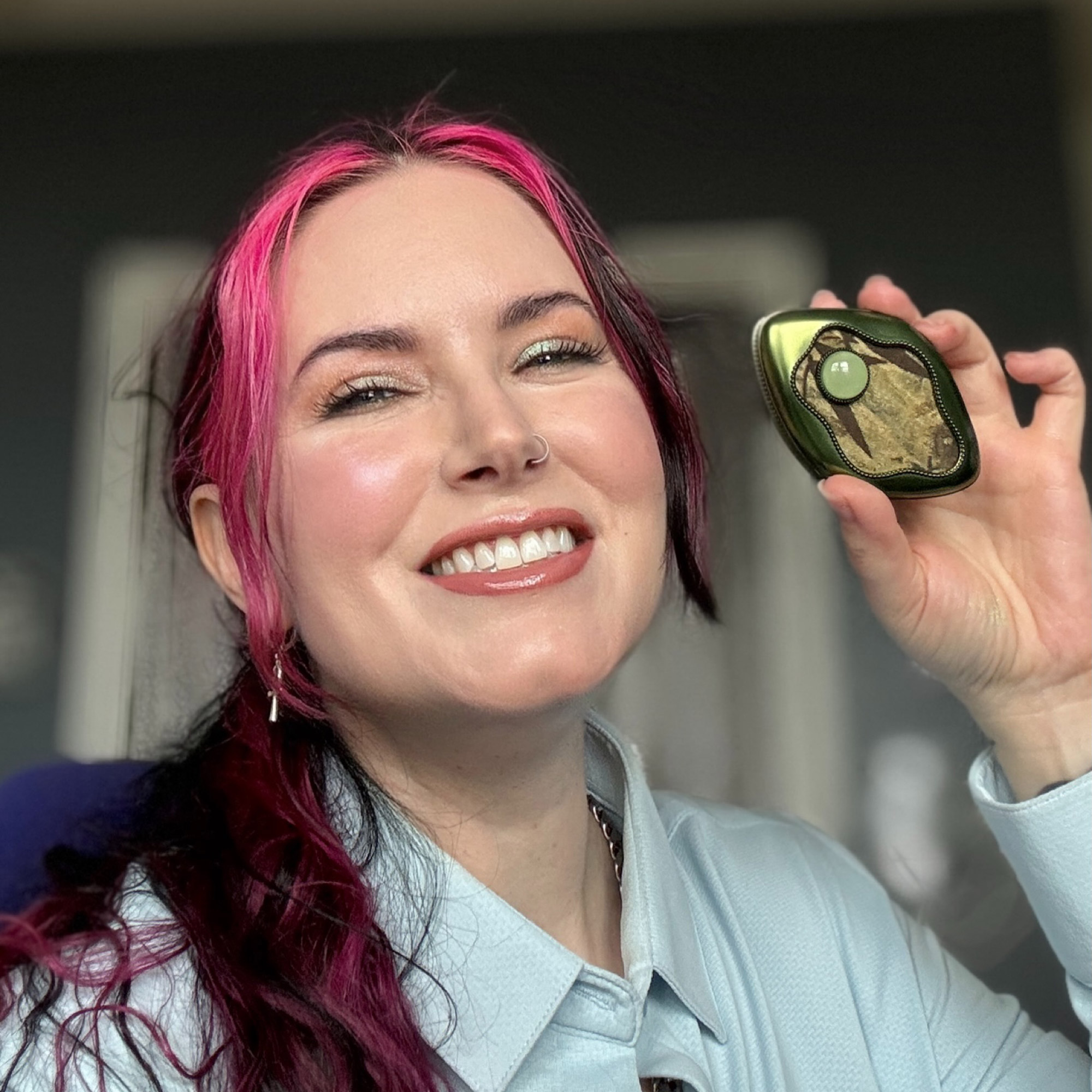
Hypertension, or high blood pressure, is a common health condition affecting about one in five adults in Canada. Alarmingly, around one-third of those with hypertension have uncontrolled blood pressure, and nearly one-fifth are unaware they have the condition. Because hypertension can lead to atherosclerosis – a major risk factor for premature death before age 65 – it is extremely important to be aware if your blood pressure is high and to take steps to manage it effectively.Understanding the Risk FactorsIf you are concerned that you or someone you care about may have hypertension, it is important to have your blood pressure measured and to also understand the risk factors. While your healthcare team can help assess your individual risk, common contributing factors include:Family history (genetics): Hypertension often runs in families and is more common in some populations due to genetic and environmental factors.Age: The risk of hypertension increases with age, particularly in women over the age of 55.Dietary habits: Eating a diet high in sodium or low in potassium can significantly raise blood pressureExcess body weight: Carrying extra body fat increases strain on the heart and blood vesselsLow physical activity: Regular movement is essential for heart health and for maintaining a healthy blood pressure.Alcohol intake: Frequent or excessive alcohol consumption is linked to increased blood pressure.Smoking: Tobacco use damages blood vessels and contributes to hypertensionChronic stress: Ongoing stress can contribute to long-term elevated blood pressure.Underlying health conditions: Conditions such as diabetes, kidney disease, or sleep apnea are closely linked to hypertension.If you identify with one or more of these risk factors, speak with a healthcare provider or your pharmacist to help you manage your individual risks.What Is Your Blood Pressure? Blood pressure is measured using two numbers. For example, a reading of 120/80 mm Hg is considered healthy for most individuals. The systolic pressure (top number) indicates the pressure when your heart contracts and pushes blood into your arteries. The diastolic pressure (bottom number) reflects the pressure when your heart relaxes and fills with blood. If either number is higher than optimal, corrective steps should be taken.High blood pressure causes damage to blood vessels over time, especially if left untreated. This can lead to complications such as stroke, heart attack, eye problems, dementia, kidney disease, heart failure, or erectile dysfunction.The ideal blood pressure target varies depending on your personal health profile:For most people: below 140/90 mm HgFor individuals with diabetes: below 130/90 mm HgFor some people who are at high risk for heart disease: below 120 mmHg systolicYour healthcare provider will guide you on the target that is right for you.Monitoring Your Blood PressureMeasuring your blood pressure at home can help you keep track of how well its being managed. Hypertension Canada has compiled a list of validated home monitors that meet current accuracy standards including a wide variety of models of arm and wrist monitors. View the list at https://hypertension.ca/public/recommended-devices. Or while shopping in store, look for recommended models with Hypertension Canada’s logo on the package. If you need help, your London Drugs pharmacist can help you select a monitor that will meet your personal needs.When to take measurementsBefore taking your blood pressure medicationBefore breakfast or at least two hours after a mealAfter emptying your bladder and bowel if neededOne hour after drinking coffee or smokingAt least thirty minutes after exerciseHow to measure blood pressureSit quietly for 5 minutes before testingSit upright with your back supportedKeep your legs uncrossed and your feet flat on the floorApply an appropriate sized blood pressure cuff on your bare arm, with lower edge of cuff 3 cm (1 inch) above the elbowSupport your arm on a surface with middle of the cuff at heart levelAvoid talking, moving, or distractions during the measurement and breathe normallyTake 2 readings, one minute apart How Can We Help?You can’t treat a problem if you don’t know you have it. Raising awareness is the first step.This spring and summer, select London Drugs locations will host Hypertension Awareness Clinics in partnership with Hypertension Canada, to help you learn more and to check your blood pressure. As part of your appointment, you may also choose to share your anonymous results with a global hypertension study conducted by the International Society of Hypertension. To date more than 100 countries have participated and more than 6 million individuals have been screened.Speak to your London Drugs Pharmacist for advice on how to test your blood pressure and interpret the results. To find an appointment at a London Drugs Hypertension Awareness Clinic in your area, visit https://pharmacy.londondrugs.com/health-clinics/hypertension-awareness-clinics or ask at the pharmacy counter.Related






